A brief description about this Activity.
The "Design and Analysis of Experiments (DoE)" course is a comprehensive training program tailored for quality engineers, quality managers, all engineers, performance improvement professionals, and anyone interested in understanding and improving complex processes. This course is structured into three key sections, each designed to deepen your understanding and skills in experimental design and analysis. Section 1: Basics of Design of Experiments - This introductory section covers the fundamental concepts and terminology of DoE. Participants will explore both factorial and partial factorial designs through engaging examples such as a coffee tasting experiment, and delve into process variation using the catapult experiment. Additional concepts covered include Blocking, Analysis of Covariance, Replication, Confounding, and Design Resolutions, providing a solid foundation in DoE principles. Section 2: ANOVA and Regression - This section provides a thorough review of these essential statistical principles, equipping participants with the knowledge necessary for interpreting experimental results accurately. Section 3: Screening, Modelling, and Optimizing - The final section focuses on practical applications of DoE. Participants will learn how to efficiently screen factors using Plackett-Burman Design, model experiments using full factorial, fractional factorial, and Split Plot Designs for hard-to-change factors, and optimize processes using Central Composite Design (CCD). By the end of the course, participants will have mastered the fundamentals of DoE and be able to apply various techniques for screening, modeling, and optimizing designs. They will also gain a practical understanding of critical statistical tools needed to analyze experimental results, enabling them to effectively manage and improve the performance of complex processes in their professional fields.
Learn more about this Activity.
No Website has been provided for this Activity.
The Provider for this Activity.
